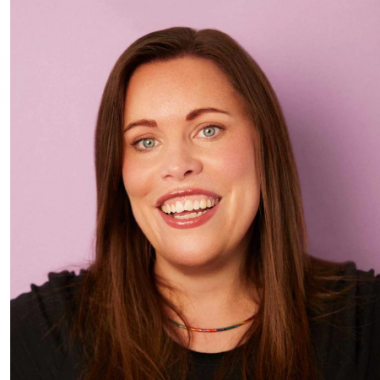This Month Duport went to meet Christian, a Private client solicitor who took the plunge and become self-employed in October 2019. We quizzed him about many aspects of his work life and
over the next couple of months we will bring you extracts of the interview. This month we have concentrated on why he went self-employed.
In your words you’re a Private Client solicitor – in layman’s terms what is that?
I’m a private client solicitor, that means that I deal with Wills, Probate, Lasting Powers of Attorney, I do an element of Trust work as and when it’s needed, but its mainly the first 3 that are my areas of law. Private client work is all about dealing with individuals, not organisations or companies. I have my own clients, but I also assist other solicitor’s firms that need help with their private client’s work (this is known as locum work).
What was your motivation for moving from employment to self-employment?
The reason I went self-employed was to get that happy balance between family and work life. A balance I found I couldn’t really get right in a firm and going forward maybe even would have been
detrimental to my or my family’s mental health.
Why wasn’t it working in a firm?
Travel and pressures – pressures from billing and targets. It’s still a very old school profession that is only changing its attitudes in the last 5 years or so but it’s still slow. When you’re working for a solicitors’ practice (whether big or small), you get a lot of input from others who may not have practical experience in your area of law.
Was it an easy decision to move from employment to self-employment?
No, the biggest concern would be the monetary element. Being used to a regular income from a salary; going to not knowing whether you are able to do the job well enough to get a regular income
coming in. I think the best advice ever given to me was to get a safety net of money behind you before you do it [self-employment]. It gave me the flexibility to network and work hard to get my
initial client base and start generating money.
How much money would you want to have behind you?
I think, realistically, 6 months of what you are used to getting on a monthly basis, this gives you enough flexibility to go both feet in to make it try to work.
How does working for yourself compare to working for others?
The external pressure isn’t there – the only pressure is what you put on yourself. Which I think is actually an insight that I put a lot more pressure on myself than I realised. I think maybe some
pressure is a good thing for my line of work. I have a certain high standard, so by me achieving those goals it allows me to produce good work and get repeat work. But it’s all about that balance, you don’t want to take on too much to the point that you do a bad job. I’m trying and I think I’m succeeding to get that balance with family life and work.
If you could go back to when you started out, when you set up your limited company and decided to work for yourself is there any advice you would give yourself?
Don’t panic, it will be ok. Not knowing what is coming round the corner, there’s an awful lot of support out there for people being self-employed, there are organisations and people that want you
to succeed. I think also just like I am with clients, if you don’t know something just be honest, speak to your accountant – say I don’t know what I’m doing here and I don’t want to mess it up. Just have that chat. You’ll be better for it.
For my line of work if I don’t know something I’ll find out, or, if I can’t deal with that area of law I’ll tell the client, but I’ll get someone who can deal with it. It’s all about having those connections.
Saying you can’t help someone isn’t a bad thing because I think it gives reassurance to the client that you are listening to them and that I’m honest. It’s nice I’ve got quite a large contact list so I can often help alleviate that problem or concern.
Next time we will hear what methods Christian uses to secure a client base and the changes Covid
has brought about.







